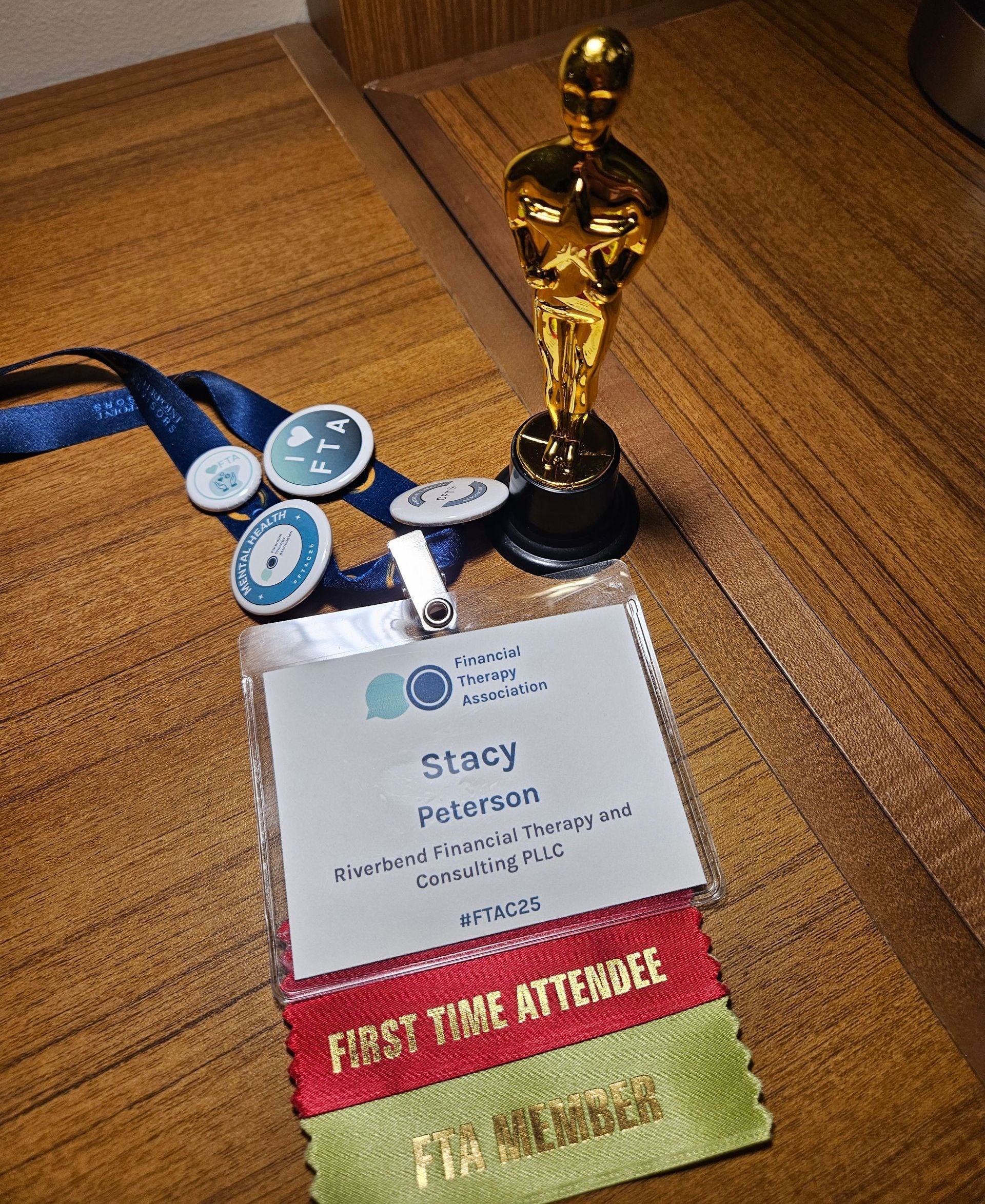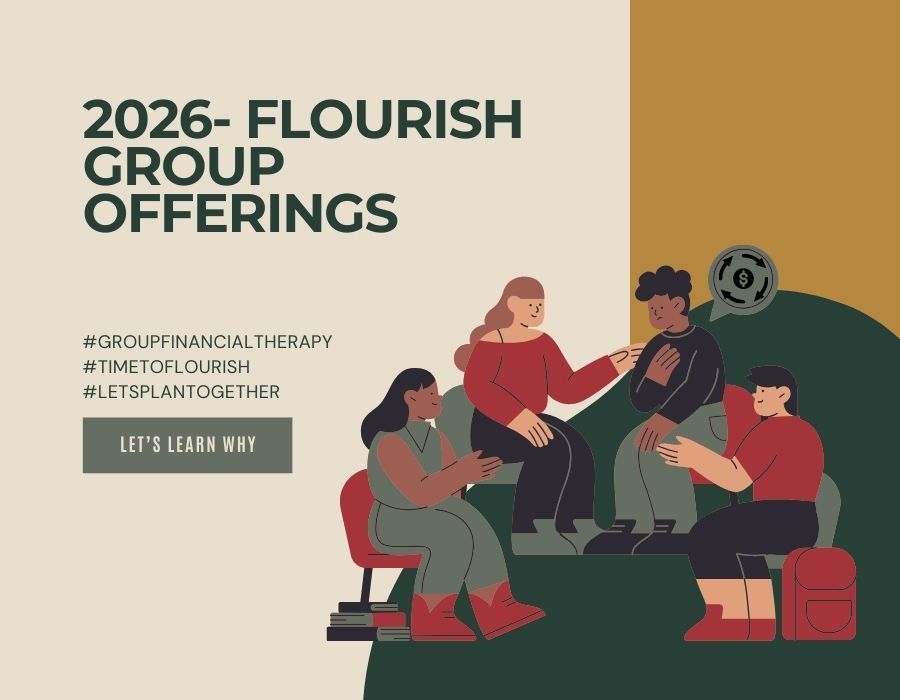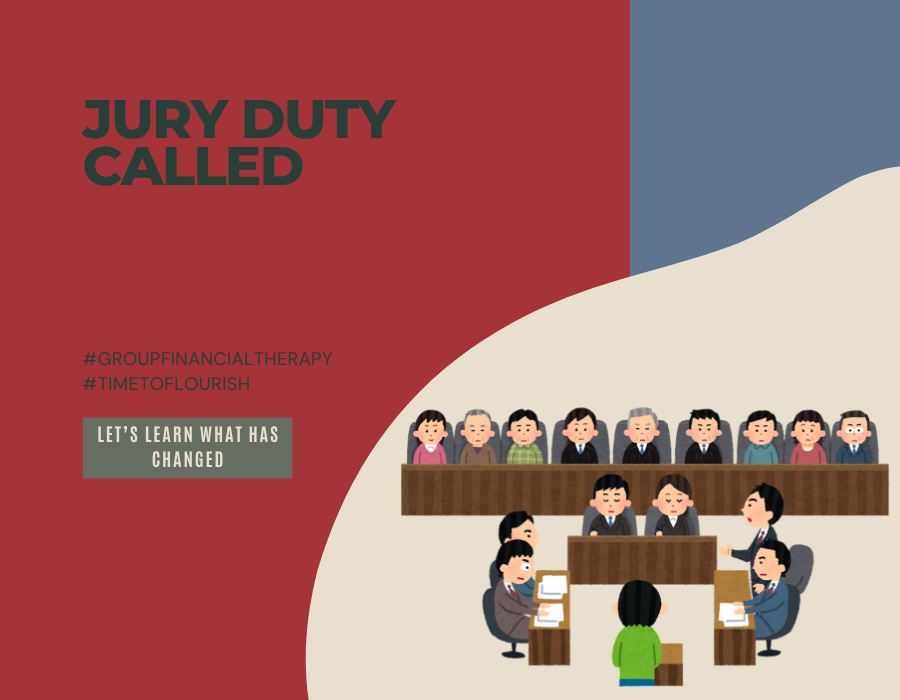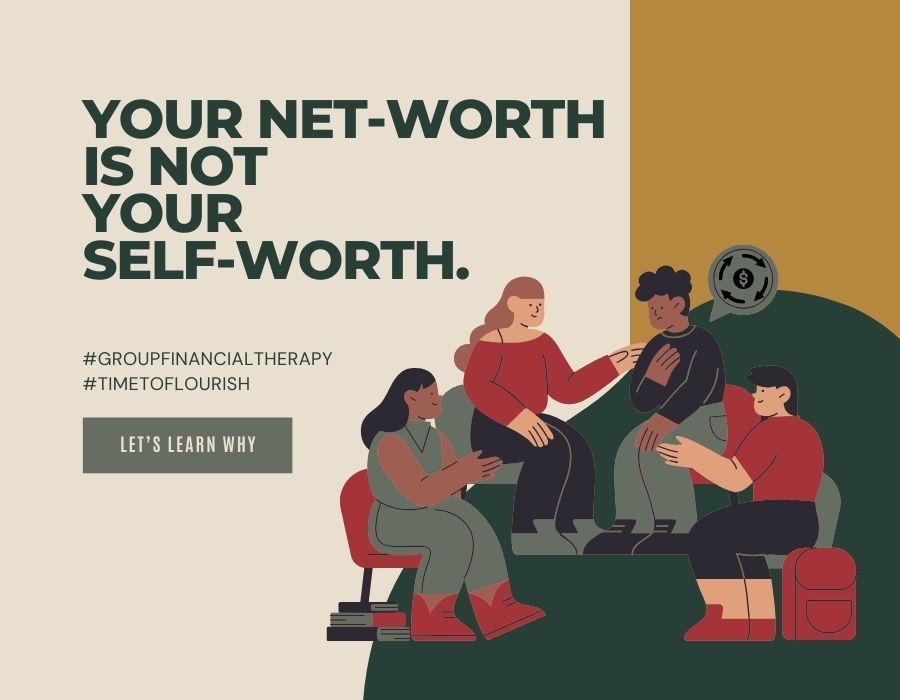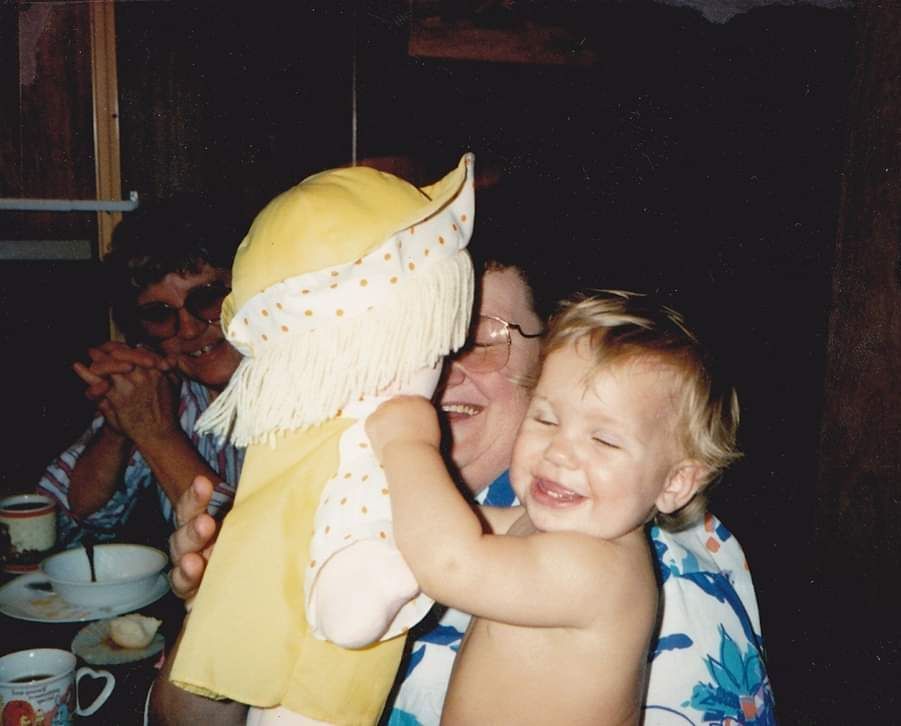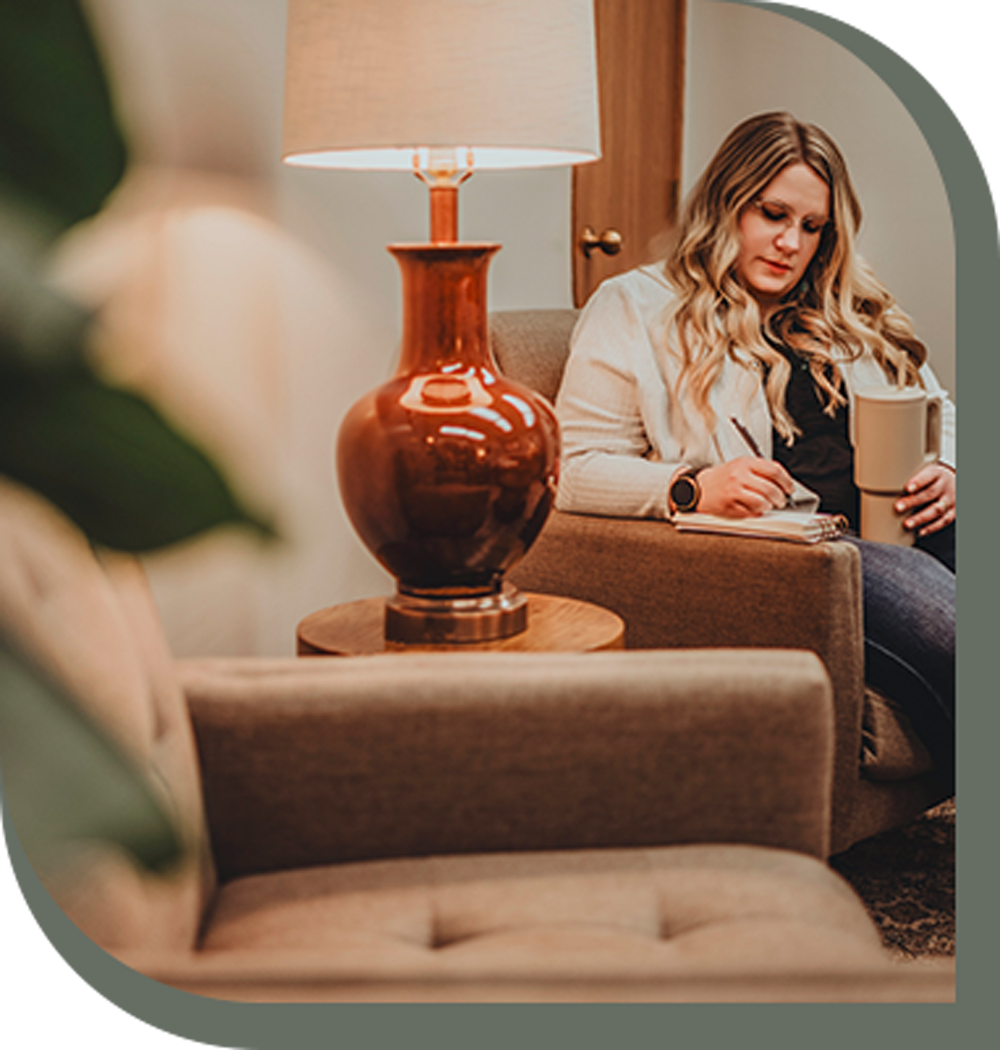Is Financial Anxiety Keeping You Stuck?
Picture this: you’re teaching someone how to make a ham sandwich.
It’s simple, right?
Grab some bread. Add the ham. Maybe cheese. Maybe mustard. Done.
There’s no emotional baggage in sandwich-making. No shame about how your parents used to make sandwiches. No panic over whether you bought the “right” bread. No spiraling thoughts about whether people will judge you for preferring mustard over mayo.
It’s just a sandwich.
Now imagine if money felt that simple.
For so many people, it doesn’t. Instead of reaching for the bread, financial decisions get tangled up with anxiety, fear, shame, or even paralysis. What could be as straightforward as “add cheese, if you like” becomes a swirl of self-doubt:
- What if I’m making the wrong choice?
- What if people think I’m irresponsible?
- What if I "go broke" and I won't make it out?
- What if I never figure this out?
That’s the heart of financial anxiety—and it can keep you stuck.
What Is Financial Anxiety?
Financial anxiety isn’t just “worrying about money.” It’s the constant undercurrent of stress, avoidance, or dread that shows up when you’re faced with financial decisions. It’s not always about how much or how little you have—it’s about how you feel when you interact with money.
Some common signs of financial anxiety include:
- Avoiding looking at your bank account
- Delaying important decisions, like paying bills or investing
- Feeling a tightness in your chest when money comes up in conversation
- Judging yourself harshly for past financial mistakes
- Believing you’re “bad” with money, even when you’re doing your best
It’s like having a voice in your head that turns even the simplest money decisions into high-stakes dilemmas. That voice keeps you from moving forward, from building confidence, and from experiencing freedom with money.
Why We Get Stuck
Money is rarely just about dollars and cents. It’s about identity, security, and belonging. From a young age, we absorb messages about money— what it means, how it’s used, whether it’s safe to talk about, and what it says about our worth.
Maybe you grew up hearing, “We can’t afford that.” Or perhaps you were told, “Money doesn’t grow on trees.” Maybe you saw conflict about money in your family or learned that silence was the safest approach.
Over time, these messages become stories we carry into adulthood. They whisper in the background every time we swipe a debit card, sit down to make a budget, or think about asking for a raise.
No wonder financial decisions can feel so heavy.
The Ham Sandwich Test
Here’s a little thought experiment:
What if financial decisions carried the same emotional weight as sandwich-making?
Imagine if you could walk into a store or open the Amazon app, decide on what you need, and move on without the flood of second-guessing. Imagine if you could look at your bank account the way you look at your fridge—just checking what’s inside, not attaching meaning to whether it’s “good” or “bad.”
When we strip away the shame and fear, money decisions can become clearer and less overwhelming. Just like a sandwich, you can choose what you like, make adjustments as you go, and know there’s no one “perfect” way to do it.
How Financial Anxiety Keeps You From Moving Forward
The real challenge is that financial anxiety doesn’t just feel uncomfortable—it can keep you from making progress.
- Avoidance leads to missed opportunities. Ignoring your statements or delaying decisions can mean late fees, lost savings, or stalled growth.
- Shame fuels procrastination. When you’re stuck in a cycle of self-criticism, it’s harder to take the small steps that build confidence.
- Fear limits your options. Worrying about making the “wrong” choice can keep you from making any choice at all.
And just like hunger doesn’t go away because you’re too anxious to make a sandwich, financial needs don’t disappear because you avoid them. The longer you wait, the bigger the hunger—or in this case, the stress—grows.
Building Safety and Confidence
So, how do you start untangling financial anxiety and building a sense of calm around money?
Here are a few steps:
- Create a Safe Environment
Just as you feel more at ease making a sandwich in your own kitchen, you’ll feel more confident with money when you create a sense of safety. That might mean working with a trusted financial professional, setting boundaries around unhelpful money conversations, or starting in small, private steps. - Practice Self-Compassion
Remind yourself that money anxiety is common. You’re not “bad” with money—you’re human. Talking to yourself with kindness instead of criticism softens the emotional weight. - Start Small
Instead of overhauling everything at once, focus on small, doable actions: calming your body before hitting the “Buy Now” button, checking your balance, notice any emotional dysregulation before making choices, setting up one automatic payment, or making a list of expenses. Each step builds confidence, just like adding one sandwich ingredient at a time. - Challenge Old Stories
Notice the beliefs you’ve carried from the past. Notice if they are beginning to drive your money decisions today. Ask yourself, Is this story still serving me? You have the power to rewrite your money narrative. - Seek Support
Financial therapy can provide the warmth, safety, and tools needed to explore your relationship with money and build confidence in your decisions. Sometimes having someone sit beside you makes the “sandwich-making” a whole lot easier.
Reframing Money Conversations
The goal isn’t to make money feel insignificant—financial conversations are important. But we can make it feel more approachable. Imagine what would shift if talking about budgeting felt like talking about your lunch plans. Imagine if saving for the future carried as much emotional weight as deciding whether you want Cheddar or Swiss.
When money conversations become lighter, we can approach them with curiosity, flexibility, and even creativity. We can stop avoiding, start deciding, and move forward with confidence.
Final Thoughts
Financial anxiety can make even the smallest decisions feel impossible, keeping you stuck in cycles of avoidance and shame. But just like making a sandwich, money doesn’t have to be complicated or emotionally overwhelming.
When you create a sense of safety, practice compassion, and take small, intentional steps, you can move from anxiety to confidence. You can rewrite your money story.
And maybe one day, you’ll find yourself smiling as you think: If I can make a ham sandwich, I can make this financial decision, too
